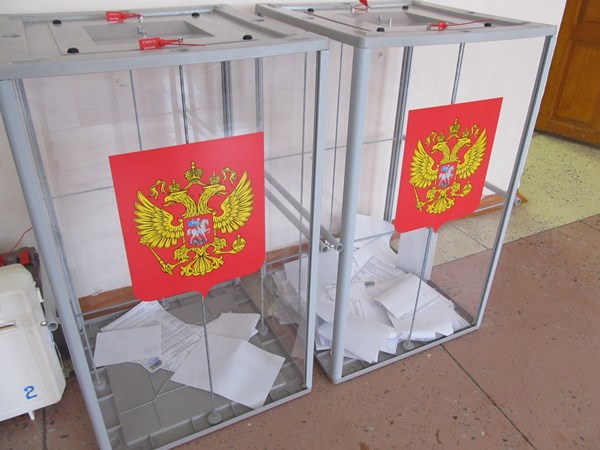Kiev informs Russia that it is prohibited from carrying out elections on Ukrainian territory
Ukraine has prohibited Russia from holding State Duma elections on its territory, as reported by the press secretary of the President, Svyatoslav Tsegolko. "The President instructed the Minister of Foreign Affairs to inform Moscow that they would not be allowed to hold elections in Ukraine," he wrote on Twitter.
Russian elections will be held on the 18th of September. The official representative of the Russian Foreign Ministry, Maria Zakharova, said that polling stations are planned in the Russian embassy in Kiev, and the Consulate General in Odessa, Lviv and Kharkiv. Diplomatic missions are subject to the principle of extraterritoriality. In addition, the residents of the occupied Crimea and Sevastopol will be electing their representatives to the State Duma.
On September 8th the Verkhovna Rada of Ukraine appealed to the parliaments of foreign states, parliamentary assemblies and international organizations to refrain from participating in monitoring the illegal parliamentary elections in the Russian-occupied Crimea, as well as to not recognize their results in any circumstances.
The Director of the Department of Policy and Communications of the Ministry of Foreign Affairs, Oleksii Makeiev, explained that the decision pertains to the premises of diplomatic and consular services of the Russian Federation in Ukraine. "The Ministry of Foreign Affairs of Ukraine expresses a strong protest to the intention of the state-occupier holding elections on the temporarily occupied territory of Ukraine - the territory of the Autonomous Republic of Crimea and Sevastopol," he said in his comments to Interfax-Ukraine.
Makeyev said that such actions are contrary to international law and are a violation of Russia's international obligations. "In connection with this, Russian elections on the premises of diplomatic and consular services of the Russian Federation is impossible," he said.
According to the Vienna Convention on Diplomatic Relations, the Russian diplomatic representatives should respect the law of the State in which they are located and not use its premises for purposes incompatible with the functions of the representation provided by the law, and multilateral and bilateral international treaties which were signed by the Russian Federation.
